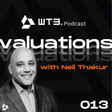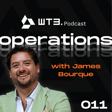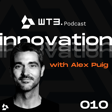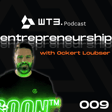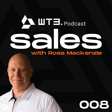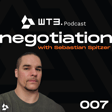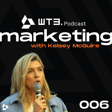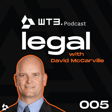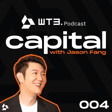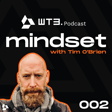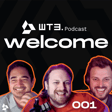
Navigating the Startup Landscape, Emerging Tech, Global Markets & VC Insights | Ian Foley | WT3 003
Millions of People Are Not Living Their True Potential!” Join us for the third episode of What The 3, the no-bs podcast for emerging tech startups.
In this episode, we sit down with Ian Foley, a serial entrepreneur and venture capitalist who has navigated the startup landscape from zero to IPO. Ian shares his journey from the early days of mobile video to his current role as the founder of Infrastructure Ventures, a firm focused on bridging the gap for entrepreneurs in the Global South.
He dives deep into the lessons he’s learned from pivoting based on customer feedback, identifying untapped opportunities in emerging markets, and predicting the next big waves in technology. Ian also offers invaluable insights into the venture capital ecosystem, revealing what VCs are really looking for and how startups can position themselves for success.
Throughout the episode, Ian emphasizes the importance of mindset, perseverance, and finding the right co-founder. He shares his top five ‘Startup Desert Island’ essentials and the one piece of advice he’d give to aspiring entrepreneurs. This episode is packed with unfiltered wisdom and practical insights that will resonate with anyone building a startup in the emerging tech space, from blockchain to AI and beyond.
